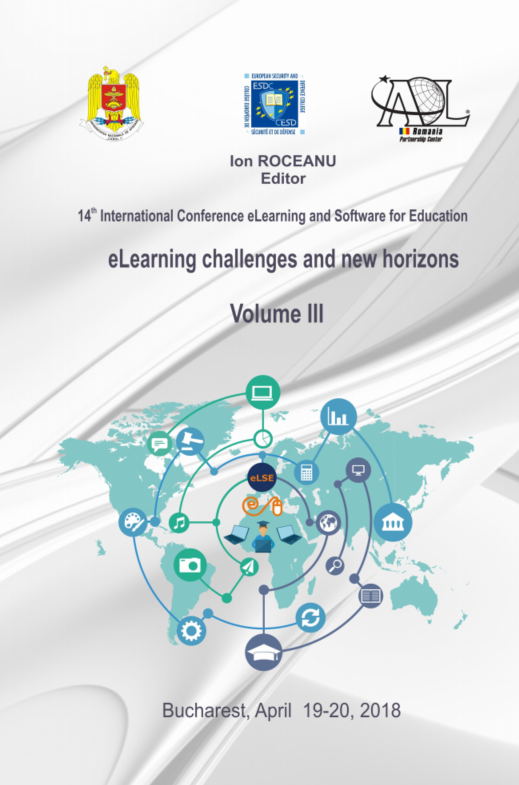Online Learning of Textile Engineering Using Moodle Platform
Online Learning of Textile Engineering Using Moodle Platform
Author(s): Mariana Ichim, Costica SAVA, Daniela FarimaSubject(s): Social Sciences, Education
Published by: Carol I National Defence University Publishing House
Keywords: online learning; Moodle; Learning Management System; activities; resources;
Summary/Abstract: Moodle (Modular Object-Oriented Dynamic Learning Environment) is a Course Management System (CMS) also known as Learning Management System (LMS) or Virtual Learning Environment (VLE) that provides a platform for online learning. Moodle is a flexible, free software that has gained 64 % of the European LMS market share, surpassing substantially the 12 % of second place Blackboard, followed by 4 and 3% of Illias and Sakai. In North America, Moodle accounts for 23 % of existing LMS and occupies the second place after Blackboard (34 %). Taking into account the number of clients, the number of users and the social network score, Moodle has been ranked as the most popular Learning Management System. Originally developed by Martin Dougiamas in 2002, Moodle is an open source software that can be run, studied, shared and modified by the users and organizations in order to fit their needs. Moodle provides teachers with a number of tools that allows them to create and deliver online courses, to promote interaction, inquiry and collaboration without knowing HTML or other computer language. In recent years, the “Gheorghe Asachi” Technical University of Iasi has implemented the use of Moodle in the educational process in order to deliver, assign, and track online learning. The objective of this paper is to present the use of this relatively new electronic learning platform in teaching and learning textile engineering. Although Moodle is frequently used for distance learning, the resources and the activities designed for the students of the Faculty of Textiles, Leather and Industrial Management are used for blended learning, aiming to support and sometimes to complement the face-to-face activities.
Journal: Conference proceedings of »eLearning and Software for Education« (eLSE)
- Issue Year: 14/2018
- Issue No: 03
- Page Range: 178-181
- Page Count: 4
- Language: English

